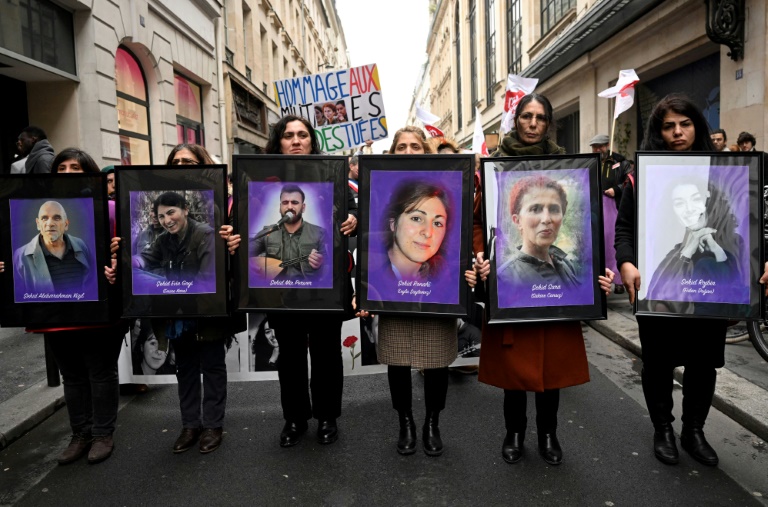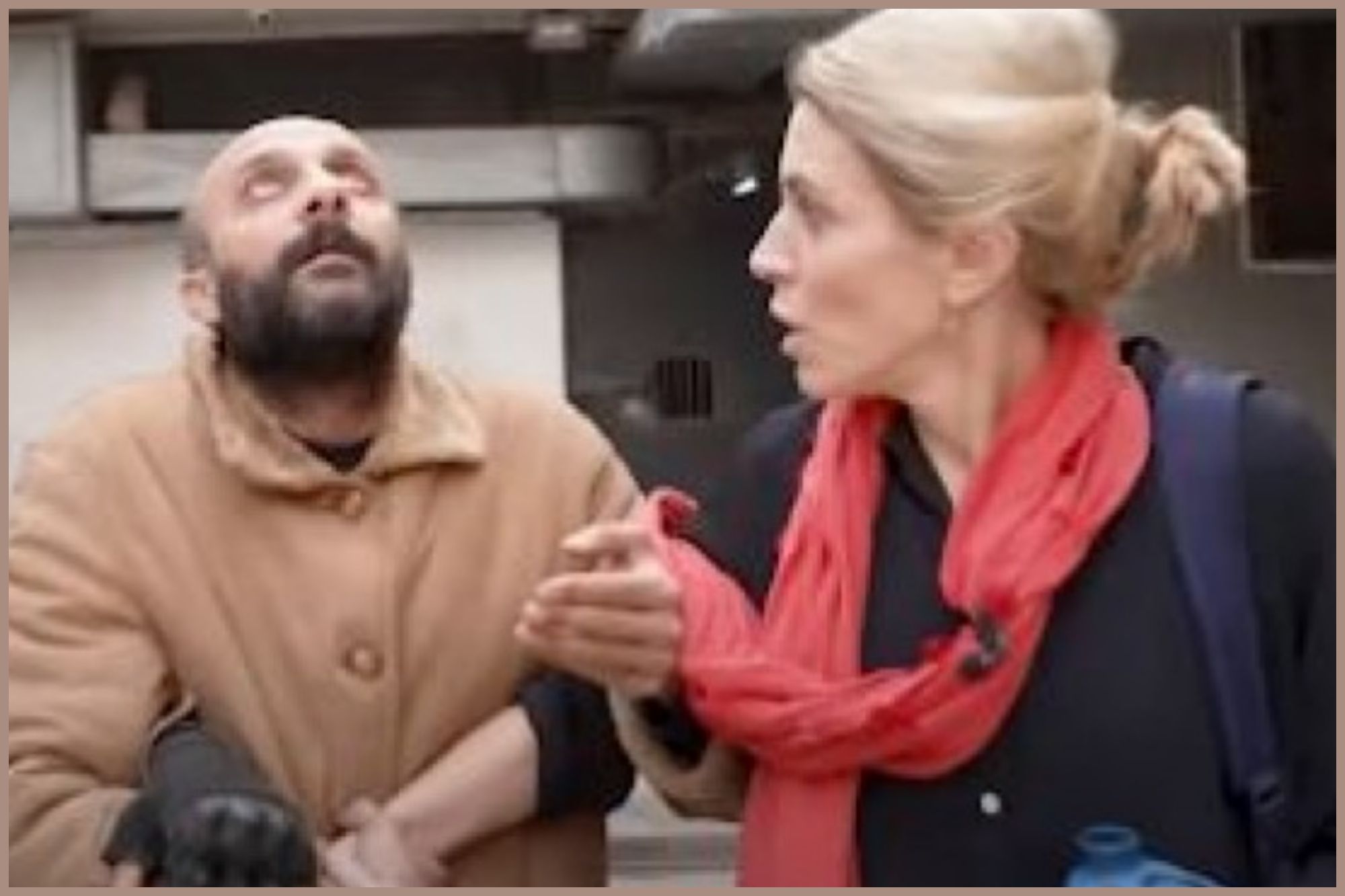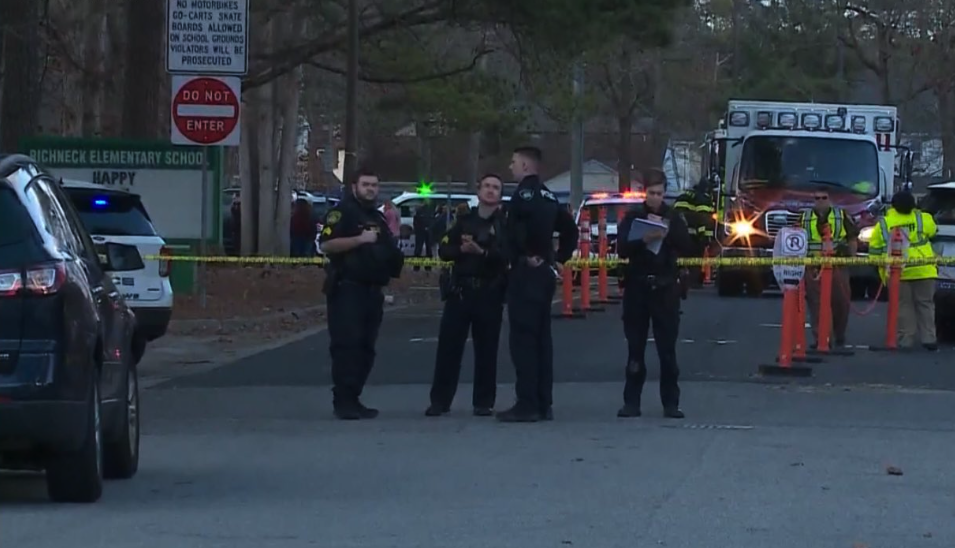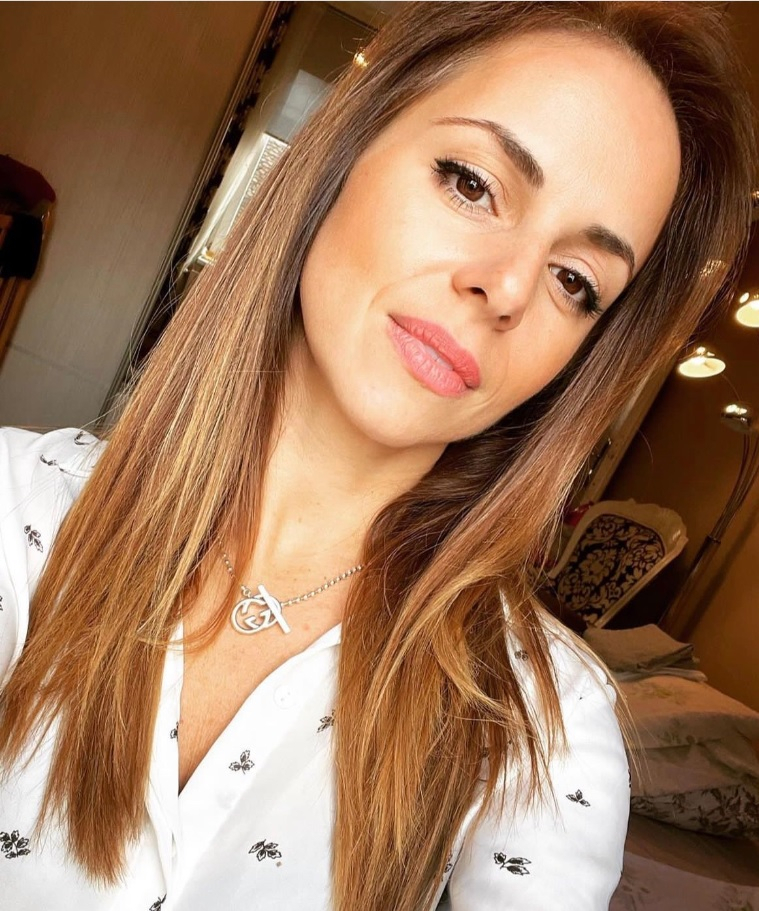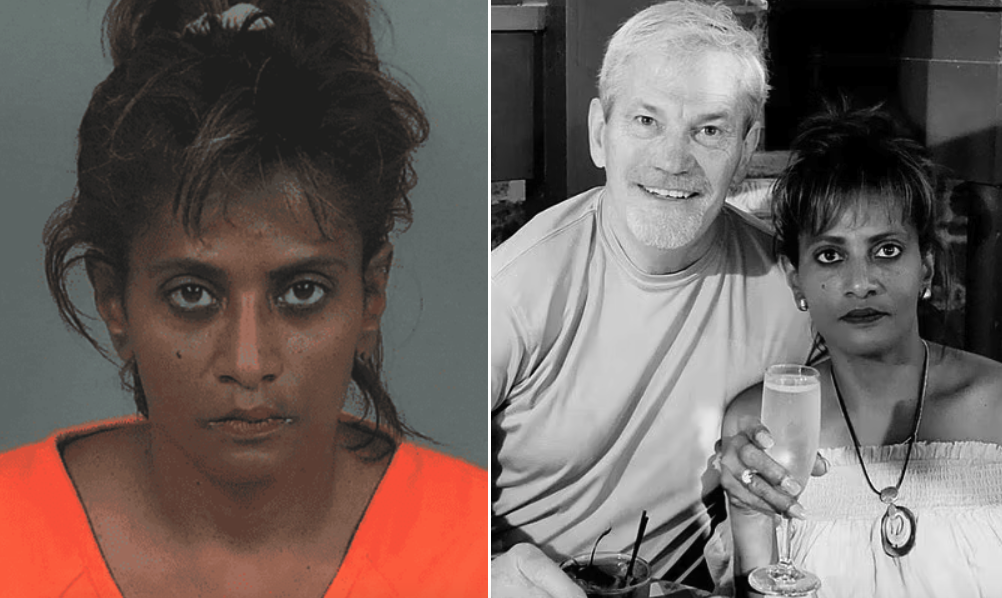AFP
“It’s here in Paris where my sister and her friends were killed,” said Metin Cansiz, the brother of Kurdish activist Sakine Cansiz, who was gunned down in January 2013.
“France has a debt of justice towards us.”
His eyes are red and his hands tremble as he looks back on the fate of his sister, killed in the French capital on the night of January 9, 2013.
Cansiz, a white-haired 61-year-old, was speaking to AFP days before the 10th anniversary of the still-unsolved slayings. His family, he said, had lost a loved one “sacrificed” on the altar of Franco-Turkish relations.
The approaching anniversary comes days after an eerily similar triple slaying on December 23 at the Kurdish Cultural Centre in Paris — just a few minutes’ walk from the site of the 2013 shootings.
French prosecutors say the suspect in the latest killings has admitted to wanting to “murder migrants”, but many Kurds who spoke to AFP said they suspected a “terror” act orchestrated by the Turkish state.
Metin’s own commitment to the Kurdish separatist cause saw him spend time in a Turkish jail after the 1980 military coup there.
“This year we feel all the more this responsibility and pain,” he explained, speaking through an interpreter.
Sakine Cansiz, 54 was a founder of the PKK Kurdistan Workers’ Party (PKK), which has waged a long insurgency against Turkey, and which Ankara and its Western allies consider a terrorist group.
She was shot dead in 2013 along with two other women: Fidan Dogan, 28 and Leyla Saylemez, 24 at the Kurdish Information Centre in Paris’ 10th district.
In last month’s attack, Abdurrahman Kizil, singer Mir Perwer and Emine Kara, leader of the Movement of Kurdish Women in France linked to the PKK, were shot dead by a man named as William Malet.
Metin knew the victims of these shootings too.
He arrived in Paris from the Netherlands just three days before the December attack.
He went to the cultural centre the following day, where Kara was preparing the annual remembrance ceremony.
“She insisted I didn’t get the train on my own. I told her it was fine and she should herself take care.
“And two days later…,” he said.
He and the other relatives of those slain in 2013 are still seeking justice, because those responsible have still not been identified.
A Turkish maintenance worker at Charles de Gaulle airport had been due to go on trial for the attack, but he died from a brain tumour shortly before his trial was due to start, in December 2016.
The activists’ families point to documents they say prove the involvement of Turkey’s spy agency (MIT). In 2014, MIT officially denied any role.
Kurdish groups have urged France to declassify its files on the case.
In May 2019, a French anti-terrorist judge was tasked with re-opening the investigation.
But Metin Cansiz said he was “very disappointed” with a December 20 meeting between relatives’ families and the judge, who cited “obstacles” preventing him advancing the case.
“My sister lived here, she was under the protection of France,” he said.
“These three women were killed here and that is down to a lapse in security on the part of France.
“We shall only be able to mourn when those responsible are brought to justice,” he concludes.

